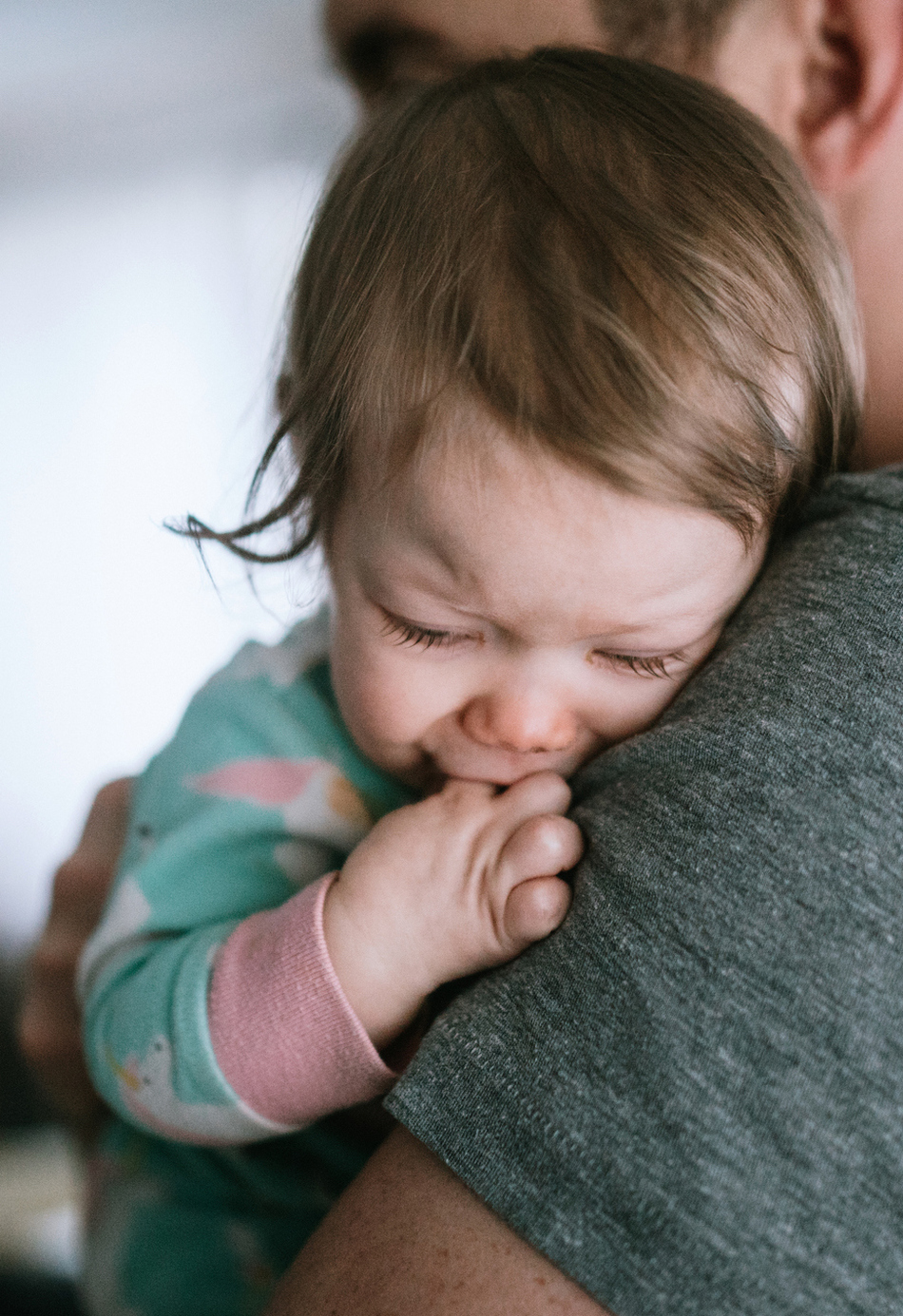Episode Transcript
Interviewer: Respiratory syncytial virus or RSV is a common virus that affects the nose, throat, and lungs, and for adults and young children, it can look a lot like the common cold. But for little ones under 2 years old, RSV can be severe due to their still-developing respiratory system.
We're with pediatrician Dr. Cindy Gellner. Dr. Gellner, what exactly are you seeing when these young patients come into the clinic?
RSV in Young Children and Babies
Dr. Gellner: RSV is the one that we really worry about in the little kids under the age of 2 because their respiratory systems are still developing. And so those kids are the ones we're worried about are going to get super sick. They have to go to the emergency room to get suctioned out because RSV causes tons of mucus. But it also affects the tiny airways because of all the mucus in the tiny airways and you can't exactly vacuum out their lungs, but you can suction them out as much as you can. But if after suctioning they still have oxygen saturations that are under 90%, they usually end up getting admitted to the hospital to stabilize them.
And the hard part is, with RSV, you've got kids who are sick initially just a little bit, but then on days two through five they get hit really hard.
What I am seeing unfortunately is while someone may have RSV, they might also have rhinovirus or they'll have two or three viruses, and it just really causes a lot of strain on their bodies and then they end up going on oxygen. Sometimes they still need to be on oxygen for one or two weeks after their initial illness.
RSV Treatments for Young Children and Babies
Interviewer: How is RSV treated? If a child gets this virus, what can be done as far as medications and treatments go?
Dr. Gellner: So the most important thing is to understand there's no medicines we can really use to treat RSV. If their child is born premature, before 30 weeks, they might qualify for monthly injections of a medication that can help reduce the chances of severe illness from RSV, but very few kids actually qualify for that. The most important thing that they would be hearing from us is checking their child's oxygen, making sure if their oxygen is okay, and hearing the things that they can do to help, which is basically nasal saline, suctioning out their noses, keeping a humidifier nearby.
Humidity really helps loosen up all that mucus to help get it out. But they're going to have to understand this is a virus. I can't give them an antibiotic to make them feel better. And yeah, it's going to be rough. It's going to be a rough week when their child is struggling with it. There's not a whole lot of good we can do.
Some kids can go to the Respiratory Suction Clinic, and that's for babies who are really sick, really at risk. By really at risk, I mean usually the under 6-month-old crowd. And then they can go and get their kids I call it like Roto-Rootering. They basically have the respiratory therapists put a bunch of nasal saline in their nose and suction it all out with a long catheter that's hooked up to suction machine and really clean out the mucus to help their child breathe better.
But this is viral and it's just going to be some time and just close observation.
Interviewer: What is the one takeaway parents should know about RSV and keeping their child safe?
Dr. Gellner: The best thing is just make sure if somebody is sick, don't have them around your new little babies.
updated: February 13, 2024
originally published: November 3, 2017
